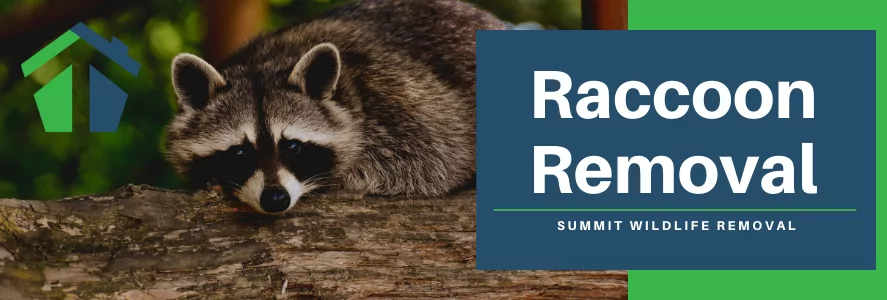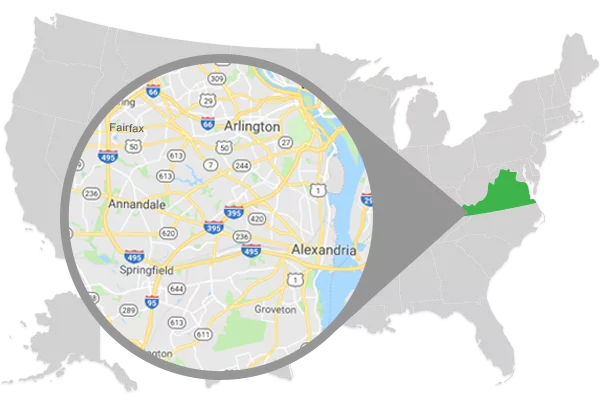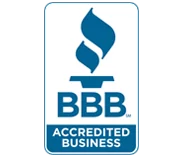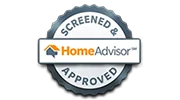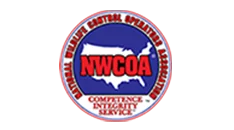Raccoon Removal in Northern Virginia - Raccoon Removal Near Me
Summit Wildlife Removal offers Raccoon Removal in Fairfax, Alexandria, Fredericksburg, Arlington and surrounding areas in Northern Virginia.
A lot of folks will look for Raccoon Removal Near Me when trying to find the best wildlife removal company in Northern Virginia, but you’ve landed on the right page.
Summit Wildlife Removal are experts in Raccoon Removal and will provide a full solution for removing and preventing raccoons from returning to your attic or home. Contact us for an raccoon inspection and raccoon removal estimate today by calling 703-884-2124.
Frequently Asked Questions About Raccoon Removal:
- How To Get Rid of Raccoons
- What to do if you see a raccoon?
- How Do You Get Rid of a Raccoon Around Your Home?
- Raccoon in Yard Removal
- Common Raccoon Diseases
- How to Keep Away Raccoons
- How Much Does Raccoon Removal Cost in Northern Virginia?
- How Do You Permanently Get Rid of Raccoons?
- Will Animal Control Remove Raccoons?
- Why Should You Remove Raccoons?
Schedule a FREE
Estimate
Fields with (*) are required.
Fields with (*) are required.
How To Get Rid of Raccoons | Raccoon Removal Near You
The safest method of raccoon removal is to contact a qualified professional to take care of your raccoon problem. Wildlife removal technicians are trained to humanely catch and remove the troublesome raccoon from homes and attics.
Be sure to check your local trapping laws and legal requirements as they may differ from county to county. In some locations, trapping and relocation may not be an option.
Your best option is to contact a wildlife removal company to take care of your Raccoon Removal needs.
What Do I Do If I See a Raccoon?
Just seeing a raccoon is not an indication of a problem. However, if you see a raccoon constantly or in conjunction with a nocturnal noise in your attic, crawl space, or visible damage such as missing siding, debris, insulation, unusual odors, pets being attacked, etc. This might warrant a call to your local Wildlife Removal or Raccoon Removal Company for an evaluation.
How Do You Get Rid of a Raccoon Around Your House?
Raccoons are curious but many times destructive creatures. They raid garbage cans, eat pet food (sometimes coming into homes through pet doors!), eating bird food and raiding bird feeders, damaging lawns going after beetle grubs and earthworms, entering attics and uncapped chimneys to nest and birth young just to name a few. The occasional sighting is not necessarily a problem, but constant and chronic sightings and encounters with raccoons on your property or near your family can certainly lead to an unpleasant or dangerous encounter.
In these instances, trapping and removal by a licensed Wildlife Control Operator may be necessary. Keep in mind that most states designate raccoons as furbearers and therefore are of a protected status. Only licensed operators may take raccoons into possession either for relocation or dispatch. Virginia requires this. Relocation of raccoons in Virginia is illegal without a license.
Other strategies for repelling or harassing raccoons may be successful in scaring them off, but this can be dependent on why and where the animal is. Mothballs as a repellent is never a good idea largely because it is a registered pesticide that is being used in ways that go against the label instructions. This can lead to toxic exposure of humans and wildlife that is detrimental and ineffective.
The most effective method is to remove what’s attracting the raccoons in the first place if possible. Water and food sources should be removed or made inaccessible (i.e. Securing trash can lids with a strong bungee cord).
There are some commercially available repellents but none are particularly effective. Motion activated lights, sprinklers and scaring devices have limited effectiveness and most “motivated” raccoons will remain undeterred . If raccoons are entering through your attic or chimney, they should be removed by a professional and then all holes and weak spots should be secured with sheet metal or hardware cloth and appropriate screws or nails. After this any interior damage or cleaning up can be safely done.
What to do if You See a Raccoon in Your Yard | Raccoon in Yard Removal
If what’s attracting the raccoon cannot be removed, then trapping or scaring is the next best solution. Remember that most states require a license to trap and transport wildlife and most states restrict or frown upon relocating wildlife. Try harassment techniques first as long as the method does not require you to directly come in contact with the animal. Raccoons can be dangerous and can carry a number of diseases that can infect humans such as Rabies.
What are the Most Common Diseases Spread by Raccoons?
Diseases spread by raccoons in the attic or home are Rabies, Raccoon Roundworm, Giardia, and Leptospirosis. Raccoons are also a host for parasites like ticks, fleas, and mites which can transmit a number of diseases as well.
Anyone working in an attic, chimney, or any den site where raccoon feces is present should use a protective respirator with HEPA filters, wear gloves, and follow safety practices to avoid accidental ingestion or inhalation of raccoon roundworm spores found in most feces.
Cleaning of raccoon feces presents a safety concern and should be done using methods that prevent creating dust or contaminating living areas.
How to Keep Raccoons Away From Your Home?
- Seal garbage cans
- Get your home inspected by a Wildlife Control Specialist
- Seal entry points (be sure that all wildlife is gone)
- Get professional grade repairs done
- Install Raccoon Guard
- Install vent, ridge, or roof guards
How Much Does it Cost to Get Rid of a Raccoon?
Cost for removal such as trapping or harassment can vary depending on the situation but on average ranges from $500 to $700. Repairs such as sealing out areas for exclusion of wildlife can be a few hundred to a few thousand dollars.
Restoration and clean up from damage by raccoons such as urine, feces, chewed wires, and damaged insulation in attics and crawl spaces can be quite costly rising well into the thousands of dollars if the damage is extensive. In some cases, homeowners insurance will cover some of this damage done by the raccoons.
Contact us for a free, no-obligation quote to get rid of your raccoon problem in Northern Virginia.
How do You Permanently Get Rid of Raccoons?
The best method to permanently get rid of raccoons is to remove conducive conditions such as food, water and potential shelter. Make sure all vents that lead to attics and crawl spaces are securely screened with a good quality steel hardware cloth or steel screen that is at least ¼”, chimneys have a professional stainless steel caps installed, pet doors are locked at night, attic fans have animal guards installed, and be sure that ground level decks and sheds have animal barriers installed to prevent access beneath.
Will Animal Control Remove Raccoons?
Your local municipal/county/city Animal Control will remove a raccoon under certain circumstances:
- If the animal is displaying unusual behavior such as disorientation, daytime activity (raccoons are usually nocturnal or active at night)
- Being aggressive towards humans and being unafraid of humans
- If the animal is in the living space of your home or business
They will not come to remove a raccoon from your attic, chimney, crawl space, ones living on your property or showing up to raid garbage cans.
Why Should I Address The Problem?
Raccoons are one of the most destructive wildlife animals in the Northern Virginia area. The sooner the problem is addressed the less it is going to cost. A raccoon poses many problems to your home; They carry a number of parasites and diseases that can affect people or pets. They will search hard for food, and are fond of tipping over trash cans, raiding dumpsters, and stealing food. They will often break into a screened-in porch to get pet food.
Call your local Wildlife Removal Experts, Summit Wildlife Removal, for Raccoon Removal in Alexandria, Fredericksburg, Fairfax and Arlington, VA!
Contact us online or give us a call at 703-884-2124 when you need our services. For dog or cat issues, contact your local municipal animal control office.



